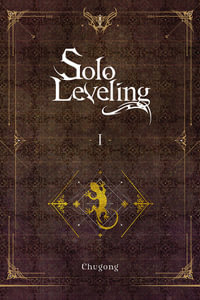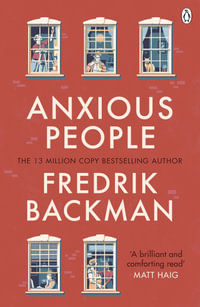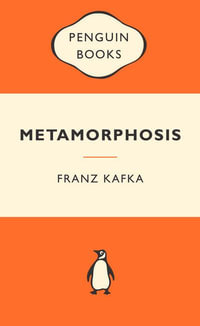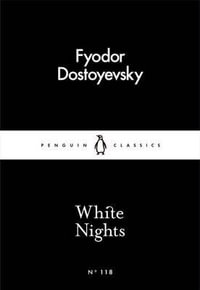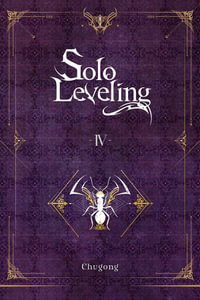The more a man restricts himself the closer he is, conversely, to infinity'
On a cruiseship bound for Buenos Aires in 1941, a group of eager passengers challenge the world chess champion to a match. He accepts. He will beat anyone, he says. At first, the challenger crumbles before the mind of the master. But then, a soft-spoken voice from the crowd begins to whisper nervous suggestions. Perfect moves, brilliant predictions. The speaker has not played a game for more than twenty years, he says. He is wholly unknown. But somehow, he is also entirely formidable.
Stefan Zweig's acclaimed novella Chess is a disturbing, intensely dramatic depiction of the cost of obsession, set in a world of Mitteleuropean civilization traumatised by tyranny.
About the Author
Stefan Zweig was born in 1881 in Vienna to a wealthy Austrian-Jewish family. Recognition as a writer came early for Zweig; by the age of forty, he had already won literary fame. In 1934, with Nazism entrenched, Zweig left Austria for England, and became a British citizen in 1940. In 1941 he and his second wife went to Brazil, where they committed suicide. Zweig's best-known works of fiction are Beware of Pity
(1939) and The Royal Game (1944), but his most outstanding accomplishments were his many biographies, which were based on psychological interpretation.
Industry Reviews
A brilliant writer * New York Times *
One of the joys of recent years is the translation into English of Stefan Zweig's stories -- Edmund de Waal
Stefan Zweig was a late and magnificent bloom from the hothouse of fin de siecle Vienna * The Wall Street Journal *
Zweig is one of the masters of the short story and novella, and by 'one of the masters' I mean that he's up there with Maupassant, Chekhov, James, Poe, or indeed anyone you care to name -- Nick Lezard * Guardian *
A new favourite writer of mine -- Wes Anderson
Perhaps the best chess story ever written, perhaps the best about any game -- Economist
His great achievement in short form * The Times *






